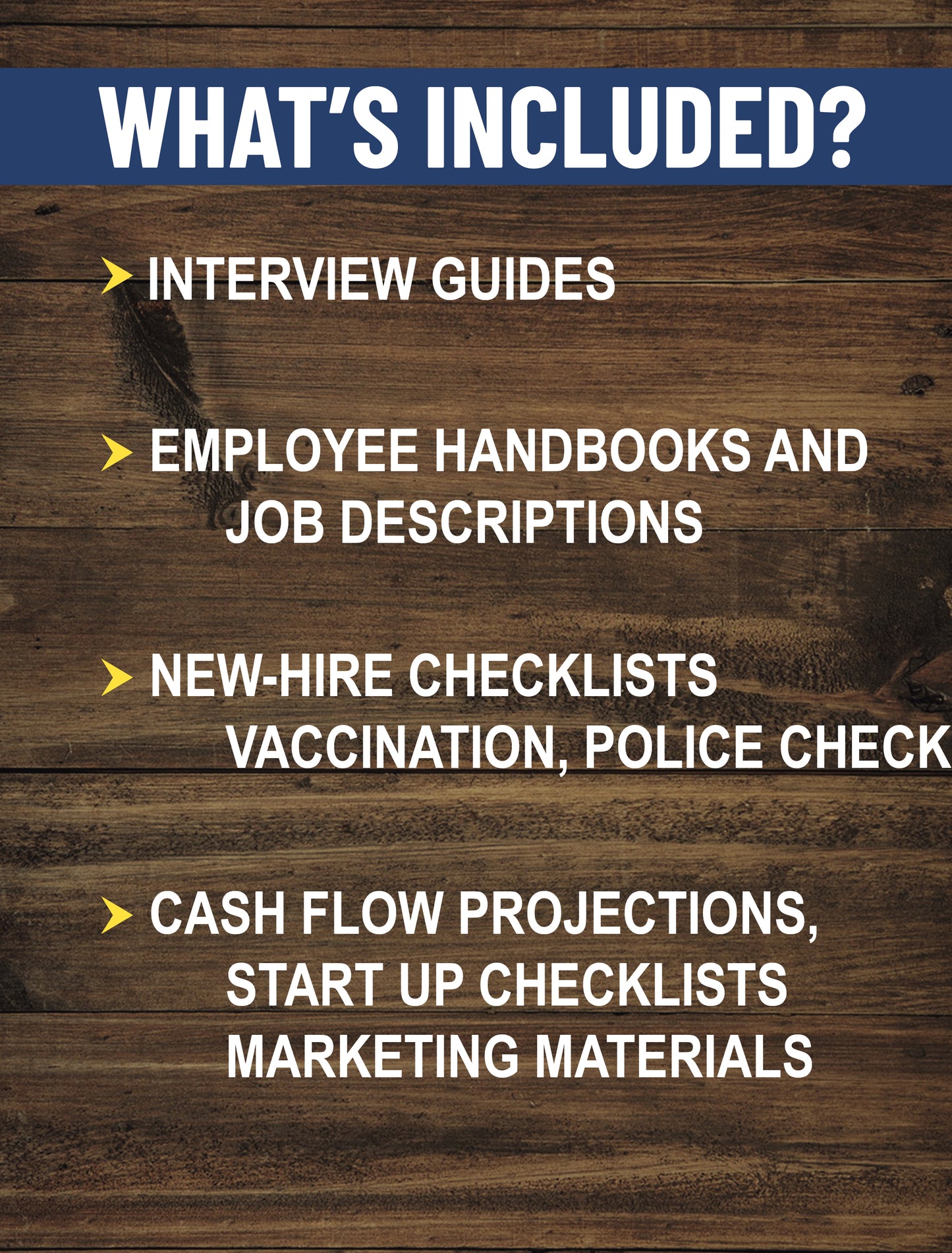
Not a Numbers Person? Here's How to Keep Your Home Care Business Financially Healthy (Without the Stress)
As a healthcare professional, talking about money has never been my favorite part of the job.
I’d much rather be building care plans, meeting caregivers, solving scheduling puzzles, and making sure clients are happy. That’s the heart of the work—and what drew me to this field in the first place.
But I’ve learned something important along the way:
If you want the freedom to focus on care, you need to have your financials in order.
The good news? Managing the numbers is way easier than you might think.
In fact, I can teach you the basics in just a few minutes—no accounting degree required.
Home Care Financials Come Down to Just 2 Steps:
-
Understand the three key “levers” in your business
-
Learn how to adjust them to keep your business profitable
Let’s dive into the levers.
The 3 Levers of Every Home Care Business
These are the only three financial elements you need to monitor and manage to run a worry-free, profitable agency.
Lever #1 – Pricing
Pricing is what you charge per hour (or visit) for your services. It’s not just a number—it’s the total pool of money you’ll use to pay everyone and everything else in your business.
-
Charge too little, and you won’t have enough to cover wages, expenses—or even pay yourself.
-
Charge too much, and you risk losing clients to more competitive agencies.
Pricing is all about balance: covering your costs while staying competitive in the market.
Lever #2 – Caregiver Wages
Wages are the biggest slice of your budget—and often the trickiest.
Caregivers have different skills, experience levels, and expectations. They also talk to each other about pay, so consistency and fairness matter.
And don’t forget: the hourly rate is not your true cost. You’ll need to factor in what’s called “wage burden”—that’s an additional ~20% for mandatory employer costs like:
-
EI & CPP
-
Statutory holidays
-
Vacation pay
-
Employer health tax
➡️ So, if you pay $18/hour, your actual cost is closer to $21.60/hour.
Lever #3 – Fixed Expenses
These are your regular business costs that don’t change much month to month, such as:
-
Office rent
-
Admin salaries
-
Phone/internet
-
Scheduling software
-
Office supplies
-
Cleaning, utilities, etc.
These expenses are paid out of what’s left after you subtract wages (and wage burden) from your pricing.
How the Levers Work Together
Let’s look at how these levers come together in real life:
-
Pricing (Lever #1) is often set based on your local market. Aim for the higher end—but make sure you can back it up with quality service.
-
Wages (Lever #2) should typically make up 55%–65% of your pricing. For example:
-
Charging $30/hour? You can afford to pay caregivers $16.50–$19.50/hour.
-
Need to pay $20/hour? Then you should be charging $32–$36/hour.
-
-
Fixed expenses (Lever #3) usually sit at around 15%–25% of your revenue.
-
$1M in revenue = $150K–$250K in fixed costs
-
$2M = $300K–$500K
-
Let’s Compare Two Scenarios
✅ Healthy Business Example:
-
$33/hour pricing
-
$20/hour wages
-
$4/hour wage burden (20%)
-
$3/hour fixed expenses
-
Result: $6/hour profit → 18% margin
This is a well-balanced, profitable business.
❌ Unhealthy Business Example:
-
$29/hour pricing
-
$20/hour wages
-
$4/hour wage burden
-
$6/hour fixed expenses
-
Result: –$1/hour loss → –3% margin
This is a recipe for burnout and financial trouble.

Final Thoughts
That’s it! You don’t need spreadsheets full of formulas or a CFO.
Just remember:
-
Understand your 3 levers
-
Pull them in balance
-
Set your pricing with intention
-
Watch your wage costs and burden
-
Keep fixed costs in check
When your financial foundation is strong, you’re free to focus on the work you actually love.
Got it? Great—now get back to making a difference!
Purchase the Home Care 101 Complete Start Up Kit to put you on the fast track to starting your own home care agency!
You can get in touch with us by signing up for our newsletter. We send out freebies to our Home Care 101 subscribers to help you get started!
Did you like this article? Check out some more great content!
- Tips on how to start a Successful Canadian Home Care Business
- Why I Don't believe in buying a home care franchise
- The Key Ingredient for a Successful Home Care Business
- What comes first, finding clients or hiring Caregivers?
- How to grow your small Canadian Home Care Business during COVID-19










57 comments
Hi there! How do you find clients? Do they pay the services Or does the government Cover it? I’m in Calgary and want to start my own home care business.
Hi Rick,
Thanks for commenting! I actually have made a point of not sharing the specifics of my business in HomeCare 101 just to keep my worlds a bit separate :). With that said I’m happy to share email and will send you one so we can connect.
Thanks!
Hi Felicia,
I don’t really have too much info to offer you. As far as I know we’re the only people offering any type of consulting services for Canadian home care companies!
Thanks for your blog!
I too have just registered a homecare business and would love more information on consulting services if you have!
Thanks so much!
Hi Alyssa
Just reading through your website. Great that you’re Canadian focused. Can I ask you what your own care company is called? I’d love to look at you’re website. I’m also aware that each organization/company is unique and is best to present what is true for them and the services they can offer.
I’ve had a construction company for thirty years and am strongly considering starting a home care business. Research and planning are key I know, and then running from the heart, supported by the head.
I wonder if you’re familiar with Buurtzorg and Jos de Blok from Holland, and their self managing teams of healthcare providers. They have grown to over 14,000 caregivers in fourteen years. It’s an interesting concept and way of caregivers working together.
Could I get your email address for further communication?
I love the tone of what you present and that “caring” is the needed ingredient for success. Genuine caring is what our world needs and success and everyone winning will come from it.
Cheers
Rick Earl